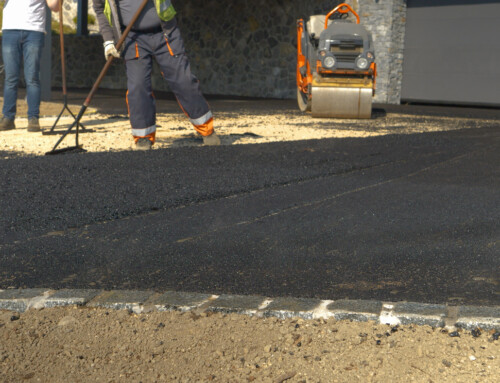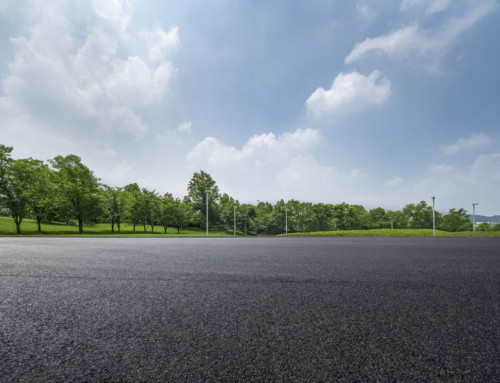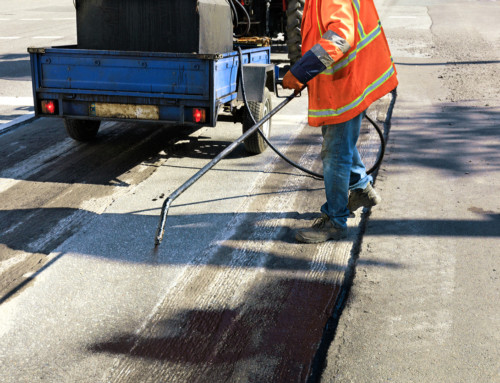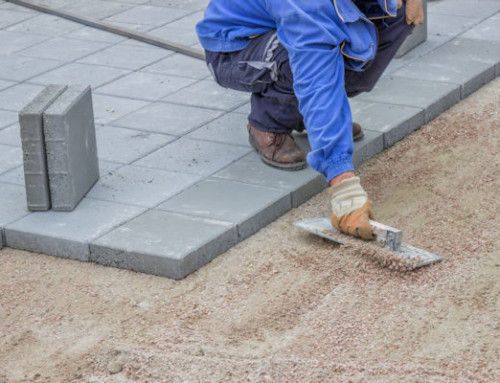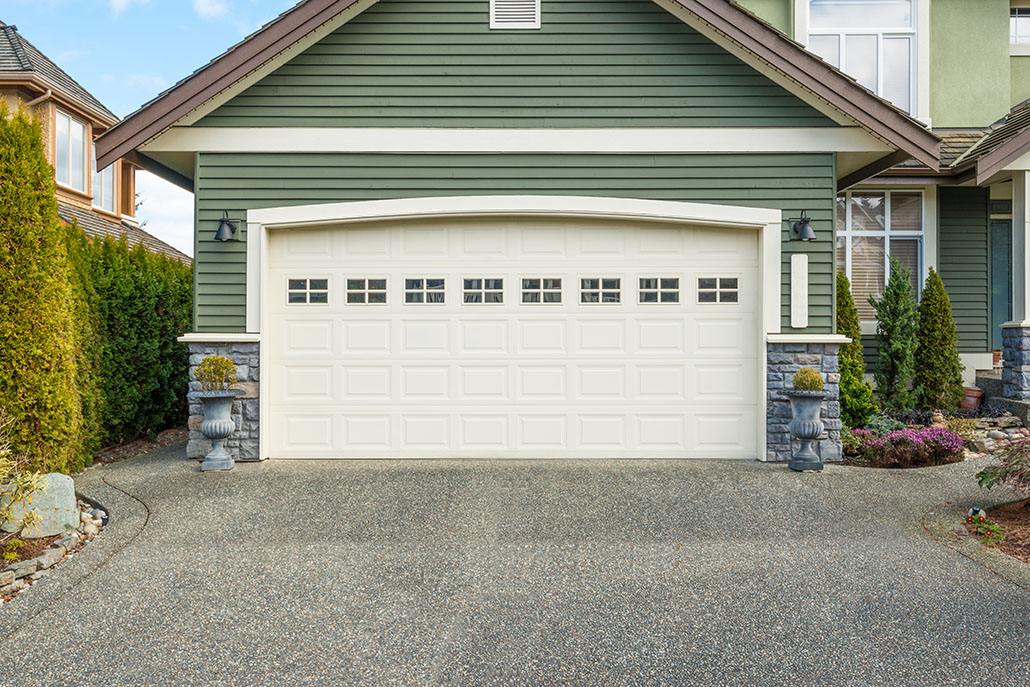
Summer is the perfect season for outdoor maintenance tasks, and if you have an asphalt driveway, sealcoating is a task you don’t want to neglect. Resealing your driveway provides a protective layer that prolongs its life, maintains its appearance, and resists harmful elements like UV rays, water seepage, and oil stains. While summer is an ideal time to do this work, determining the best timing during the season requires consideration of specific factors to ensure optimal results.
This article will guide you through choosing the best time during summer to recoat your asphalt driveway. Along the way, we’ll explore the conditions required for sealcoating, why summer weather is ideal, and answer common questions about this essential maintenance task.
Why Is Summer the Best Time for Sealcoating?
Sealcoating works best when applied under specific weather conditions, and summer provides the ideal environment for this process. The key factor here is temperature. Sealants need consistent warmth to cure and adhere properly, and most products perform optimally when temperatures exceed 50°F (10°C).
Summer not only brings the required warmth but also the longer daylight hours necessary for the sealant to dry evenly and thoroughly. Humidity also plays an essential role—lower humidity levels, which are common in summer, ensure faster drying and minimal interference during the curing process. Early to mid-summer, when the weather is reliably warm and dry, is often an excellent window for sealcoating projects.
When Exactly Should You Recoat Your Driveway in the Summer?
While summer as a whole is favorable, the exact timing within the season can greatly influence the success of sealcoating. Typically, the best time is late spring through early summer or late summer onto early fall. These periods often provide the consistent, moderate temperatures required for sealcoating.
- Avoiding Peak Heat
Extremely high temperatures, typically experienced during the peak of summer, can cause the sealant to dry too quickly. This can lead to an uneven application and even cracking. Aim for days with moderate heat, ideally between 50°F and 90°F, for the best results.
- Checking Weather Forecasts
Rain can interfere with sealcoating by preventing the sealant from properly curing. It’s critical to choose a dry day with no precipitation in the forecast for at least 24-48 hours after application. Additionally, mornings without heavy dew are preferred to ensure the driveway surface is dry before starting.
Carefully selecting your timing based on these factors will help you achieve a smooth and durable finish, ensuring your driveway is adequately protected for seasons to come.
Protect Your Driveway with Professional Asphalt Sealcoating
Sealcoating not only safeguards your driveway but also enhances its curb appeal, contributing to the overall aesthetics of your property. However, this is a task best left to professionals who understand the intricacies of application and the conditions required for success. Whether it’s timing, materials, or technique, experts bring the experience and tools necessary to achieve long-lasting results.
If you’re ready to protect your driveway and restore its finish, explore professional asphalt sealcoating services for expert guidance and application.
Frequently Asked Questions About Sealcoating
Why does sealcoating need warm and dry weather?
Sealcoating requires warm and dry conditions because the sealant relies on heat to cure and bond with the asphalt effectively. If temperatures are too low or if there’s excessive moisture, the curing process can be disrupted, leading to weak adhesion or an uneven finish. Dry weather ensures that the base surface is free of dew or rain, which could otherwise compromise the process.
How often should I recoat my asphalt driveway?
On average, asphalt driveways should be resealed every 3-5 years. However, the exact timing may depend on factors such as driveway usage, local weather conditions, and the quality of the initial sealcoating. Regular checks for signs of wear, such as fading color, cracks, or water pooling, can help determine when it’s time to recoat.
At TopWest Asphalt Ltd., we specialize in professional asphalt paving and maintenance solutions across Vancouver, Surrey, and Abbotsford. If you have more questions about sealcoating or need assistance, don’t hesitate to call us at 604-755-0300 or contact us online.

